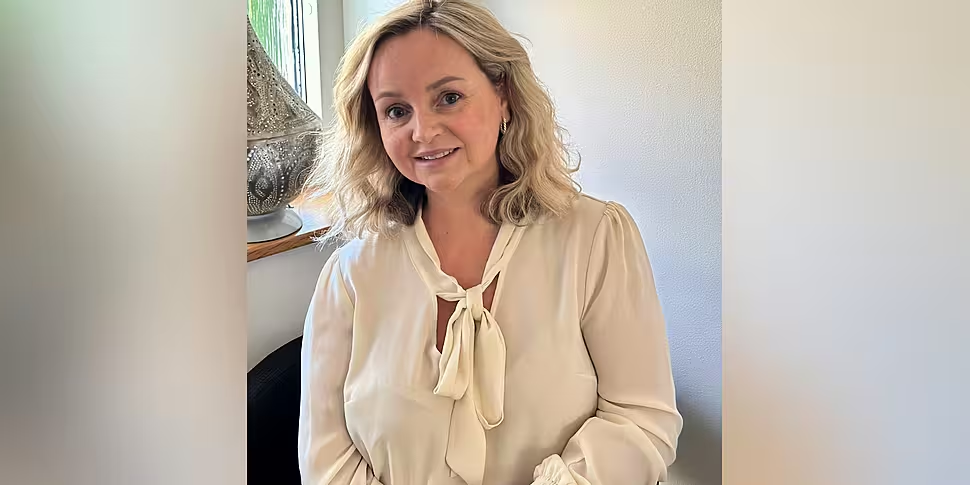New assisted dying laws in Ireland should not be limited to those expected to die within a year, a woman with terminal muscular dystrophy has said.
Siobhan Malone McBarron, diagnosed with the rare, progressive illness at age 20, also has triple-negative breast cancer.
In March, an Oireachtas Joint Committee on Assisted Dying recommended legalising euthanasia for those with “incurable, irreversible” conditions where suffering cannot be relieved in a way they find “tolerable”.
The time limit will generally be set at six months, with 12 months for neurodegenerative conditions.
On Newstalk Breakfast today, Siobhán said she “doesn’t fit” into the proposed terms of the assisted dying legislation.
“My illness is progressive. It's life debilitating and there is no cure for it,” she said.
“I will never be in remission but I don't fall into the terminal category of six months or the year to live for the neurological disorders.
“There's no defined timeline for my illness, it’s ongoing and they can’t say what pace because it’s so individualised that they don’t know – they don’t know what my future is.”
Eligibility
She believes she should be eligible for assisted dying.
“I think compassionate legislation should include life-debilitating conditions that have no cure, treatment or defined timeline,” she said.
“For me, a life being heavily dependent on opioids and antidepressants is not living when all you do is barely exist in a body that's fading away.
“All it ends up doing is adding longevity to unbearable suffering.”
Healthcare service
Siobhán does not believe that improved healthcare services would change her mind.
“I understand and I appreciate that services will always need to be improved and the healthcare system is always advancing but for me, there is no cure,” she said.
“My body is fading away and I'm just the host for muscular dystrophy. I'm a stranger in my own body.
“I wake up every day and no two days are the same.
“I never know what I'm going to wake up to in terms of fatigue and tiredness.”
Diagnosis
Siobhán first experienced symptoms of muscular dystrophy came in her teens after noticing it was taking her body longer to recover from exercise.
“At first, I thought I was overdoing it but after a while of ongoing symptoms and pain, I woke up one morning and felt like my lower limbs were on fire.
“This urged me to get it checked out and after loads of blood work, scans and muscle biopsies, I was eventually diagnosed with muscular dystrophy when I was 20.
“Where I am at the moment is I struggle with day-to-day activities that people take for granted.
“I'm very aware I'm losing more and more of myself to this disease as the decline is ongoing.”
She added that rising from seats and walking long distances have become particularly challenging with her condition.
Main image: Siobhan Malone McBarron. Image: Supplied.









